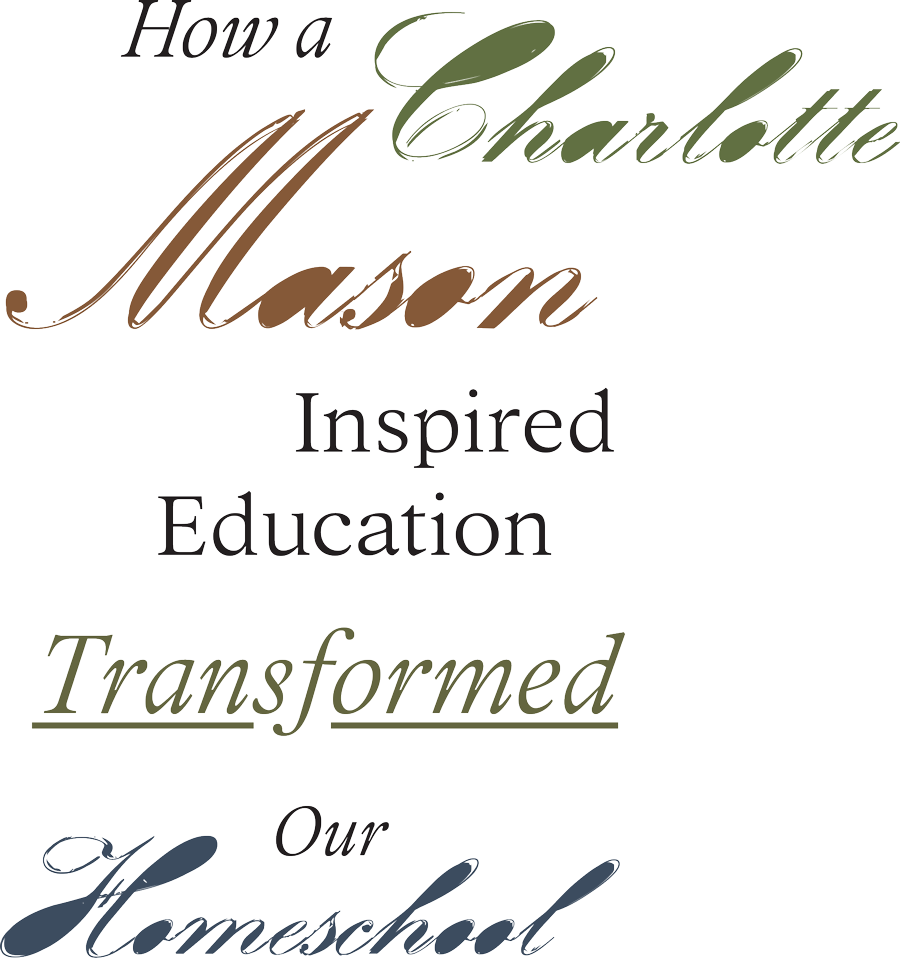


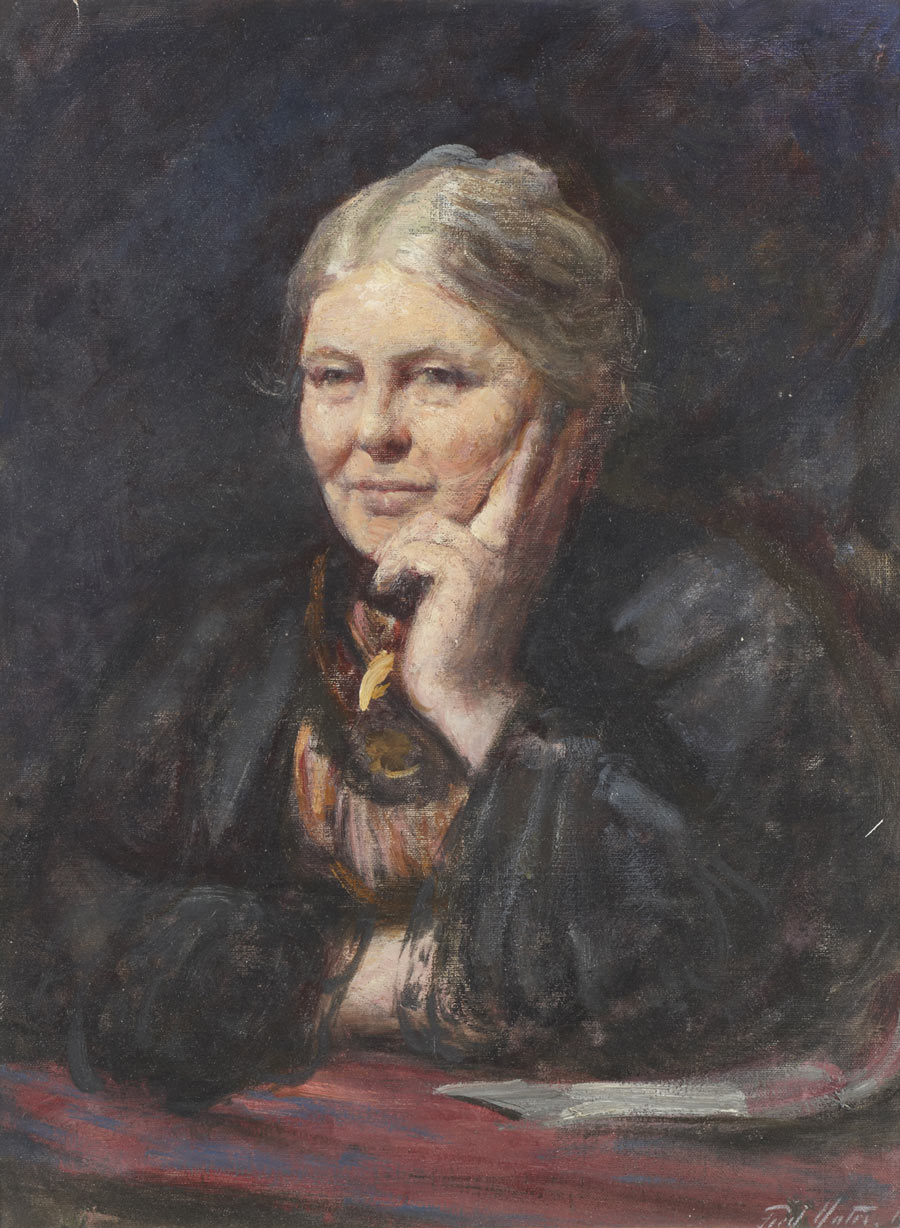
(1842–1923)
by Frederic Yates (1854–1919)
The Armitt Museum and Library
In 1887, Ms. Mason founded the Parent’s National Education Union to support teachers, schools, and parents who wanted to adopt her principles of education.
Ms. Mason had a passion for teaching children and giving them a well-rounded experience of learning. She knew that children actually love to learn and need a supportive environment to do so, so she built her methods around these principles.
Ms. Mason believed in giving children a wide curriculum with a variety of subjects, providing a feast of ideas to think upon. This includes poetry, arts, music, picture studies, classic literature, handicrafts, nature studies, Shakespeare, Plutarch, and more.
A wide feast of subjects brings life into our homeschool and awakens curiosity in children about many different topics. Learning becomes an organic experience that surrounds us in many forms, from music to nature studies.
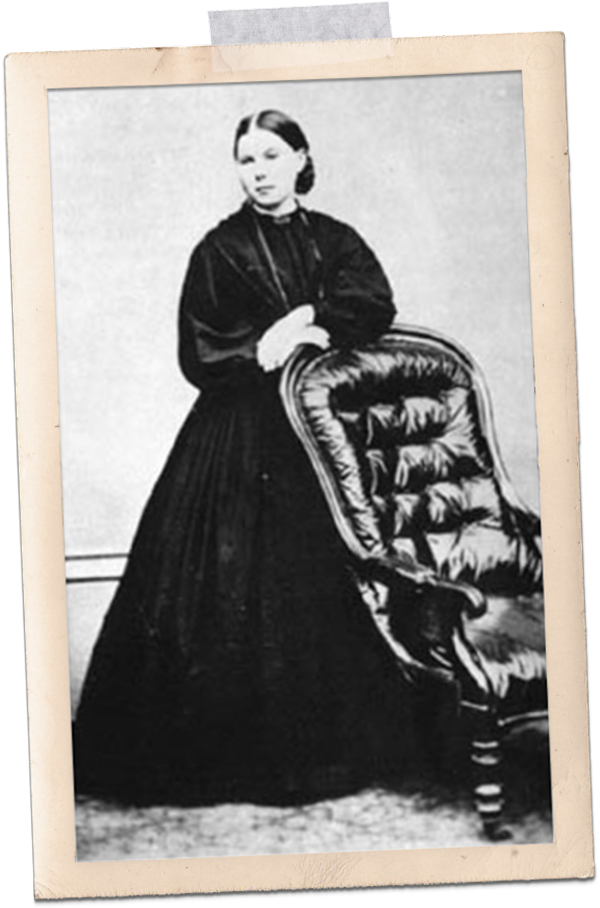
God is in everything. He is in history, in science, in math, in geography, and in biology. If we strip God from our education and detach God from all those subjects, our children’s education will be a secular one.
Ms. Mason states, “God, the Holy Spirit, is Himself the supreme Educator of mankind.” This has brought me a greater understanding of John 14:26.
1. Read Living Books
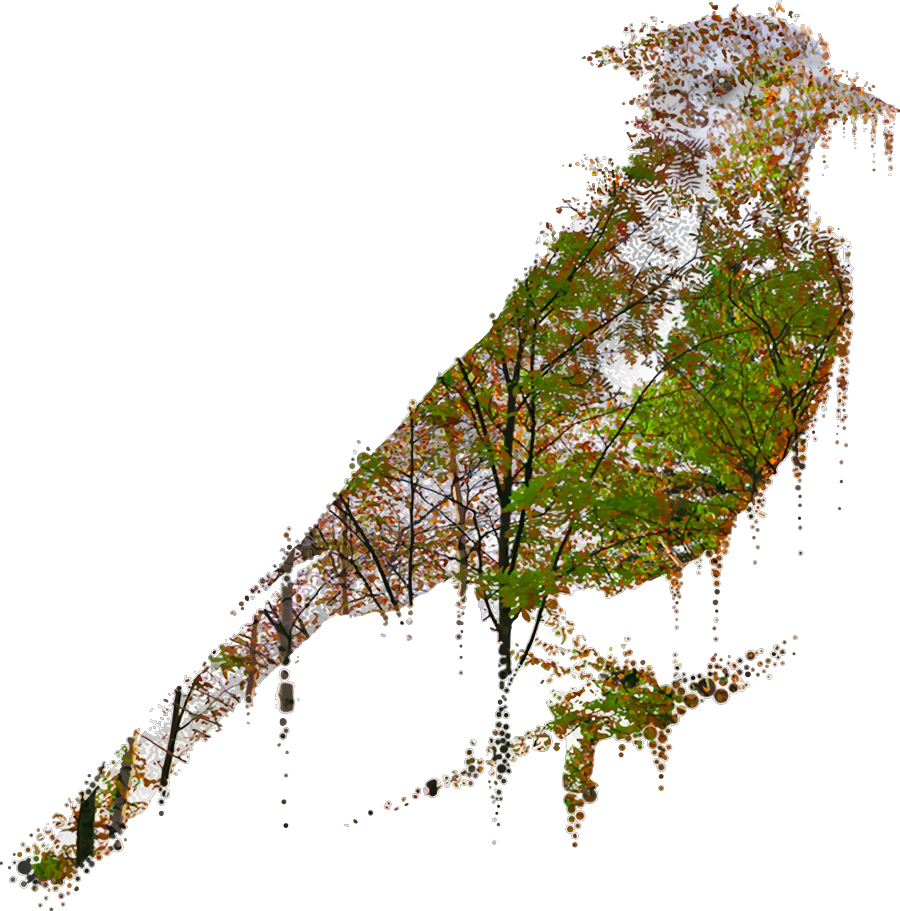
3. Copywork
To practice handwriting, spelling, and grammar, Ms. Mason believed it was important to keep a notebook for copying down poetry, prose, scripture, and quotes daily.
Five minutes a day of copywork does wonders for our children. Language arts lessons don’t have to be long and boring to be effective. This gentle daily practice is enough to improve handwriting, learn grammar, vocabulary, and spelling.
4. Narration
Narration is the art of telling. It’s the process of having the students repeat back in their own words what they have learned from a lesson or a book. Children narrate by nature. They are more likely to remember great stories they read and enthusiastically retell them to others. Narration is an easy and wonderful way to ensure that children understand what they are learning.
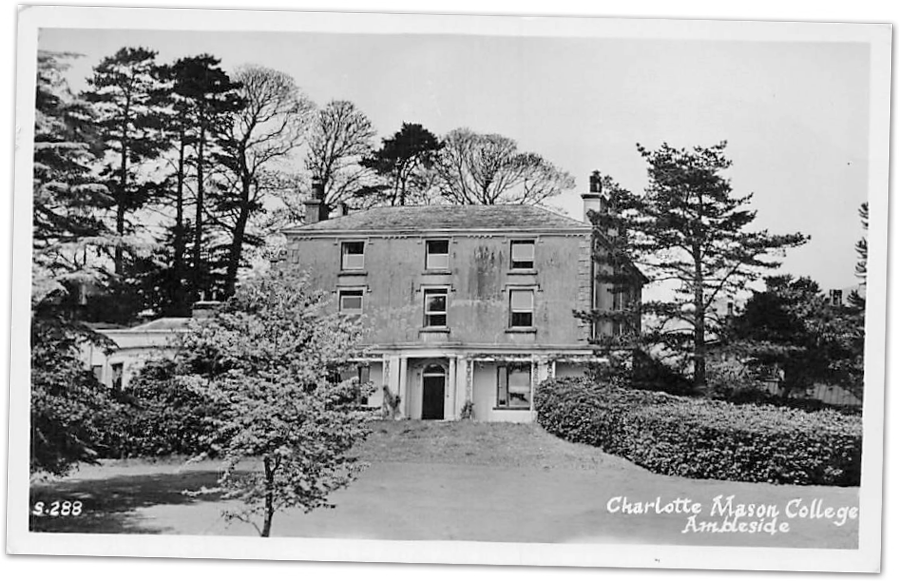
Ms. Mason had a strong belief that children should explore God’s creation and spend time outdoors to develop a better education. She encouraged them to keep nature journals to discover and identify plants and wildlife in these journals. Children are encouraged to write poetry, detailed descriptions, and even notes about the weather.
Nature walks have become a daily habit for our family. Our time out in nature helps us to observe and contemplate God’s beautiful creation as we learn about the fauna and flora around us. Here is a practical guide to starting nature studies.
Give a Charlotte Mason education a try! To help other moms get started, my friend Tatiana and I host annually the Charlotte Mason Inspired Online Homeschool Conference. We have helped over 5,000 moms implement a Charlotte Mason philosophy of education to their homeschool in the last three years.
Our spring conference will help you get started. Save the date May 16-21. The Homeschool Sisterhood, our year-round membership program, provides you and your children with monthly habit training, book clubs, mentorship, support, and our famous Friday Feasts that teach your children about famous composers, famous artists, poetry, nature studies, and much more. Also, the Charlotte Mason Inspired Homeschool Foundations bundle will breathe new life into your homeschool.
